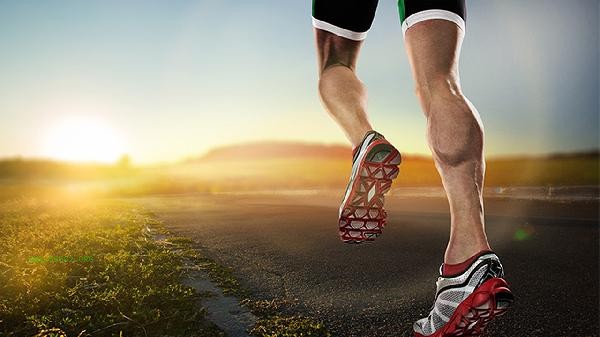The occurrence of constipation during running may be related to factors such as accelerated gastrointestinal motility, improper eating time, irritable bowel syndrome, rectal sensitivity, or excessive drinking before exercise. Running stimulates intestinal peristalsis and accelerates the elimination of food residues. If there are underlying intestinal problems or improper diet, it is more likely to trigger bowel movements.

1. Increased gastrointestinal peristalsis
Physical activity during running stimulates sympathetic nervous system excitation, promoting an increase in gastrointestinal peristalsis speed. Intestinal contents may stimulate the pressure receptors in the rectal wall during accelerated movement, resulting in a defecation reflex. This physiological response is more pronounced when running on an empty stomach or shortly after eating.
2. Improper diet time
Consuming high fiber foods or dairy products within 1-2 hours before exercise may increase intestinal burden. Dietary fiber can absorb water and expand, increasing the volume of feces. Lactose intolerant individuals who consume dairy products are prone to intestinal bloating, and mechanical vibrations during running can further stimulate intestinal discomfort.
3. Patients with functional intestinal disorders in irritable bowel syndrome
often have visceral hyperresponsiveness, and physical vibrations during running may induce colon spasms. This group of people usually have symptoms of abdominal pain and bloating, and the discomfort after defecation can be relieved. It is recommended that such runners engage in low-intensity exercise and avoid cold stimulation.

4. Rectal sensitivity
Some people have sensitive nerve endings in the rectal mucosa, and changes in posture and pelvic muscle contractions during running may be mistaken for signals of fecal filling. This situation is more common in people who sit for a long time without exercise, and can gradually improve through regular exercise.
5. Excessive water intake
Drinking a large amount of water before exercise can quickly fill the stomach and promote intestinal peristalsis through the gastrocolic reflex. Low temperature drinks may also directly stimulate the intestinal mucosa. It is recommended to use a small amount and multiple times of hydration, and the water temperature should be kept at 20-30 degrees Celsius.

It is recommended to schedule a reasonable diet time before running, avoid high fiber and high-fat diets, and do warm-up activities before exercise. Individuals with persistent abnormal bowel movements should undergo colonoscopy to rule out organic diseases. Kegel exercises can be performed daily to enhance pelvic floor muscle control, and abdominal breathing can be used to reduce intestinal vibration during running. Maintaining a regular daily routine and moderate supplementation of probiotics can also help improve the stability of intestinal function.







Comments (0)
Leave a Comment
No comments yet
Be the first to share your thoughts!